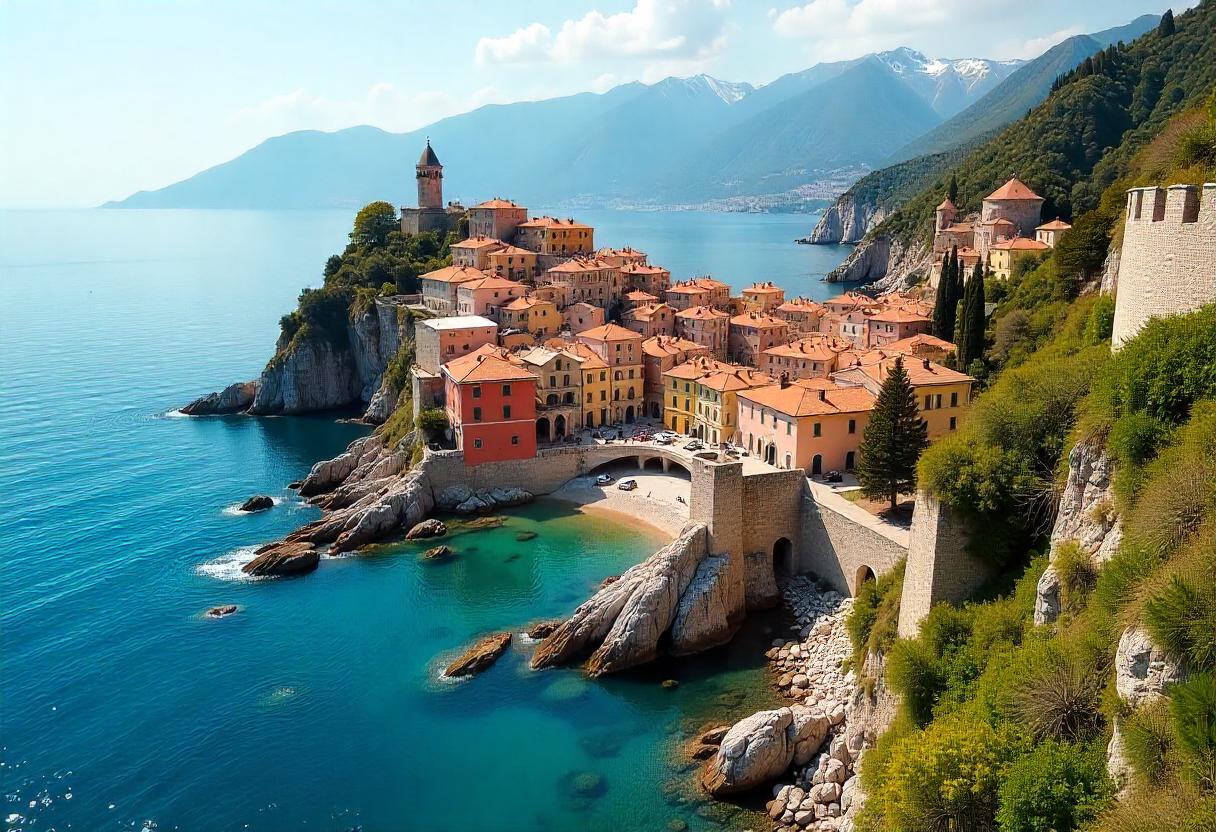Regions and cities seek more support in face of unbalanced tourism and urge launch of an EU tourism strategy | European Committee of the Regions
In a debate with Commissioner Tzitzikostas, local and regional authorities pressed for deeper involvement in shaping and delivering sustainable tourism policies.
The EU is the world’s leading tourist destination, with tourism playing a vital role in economic growth, job creation, and the development of rural, peripheral and less-developed areas. The sector has recovered swiftly from the abrupt decline caused by the COVID-19 pandemic; however, the recovery has also exposed and intensified existing imbalances. Popular destinations face challenges such as overcrowding, pressure on infrastructure and natural resources, gentrification and rising housing costs, affecting local acceptance of tourism.
During the debate, CoR members raised concerns over the growing imbalance in tourism and underlined the urgent need to support destinations that require different approaches to manage tourism flows, including limiting or redirecting the flows or restricting the supply of short-term rentals. They highlighted the Impact of climate change on European destinations and emphasised the importance of working with local communities on issues like water distribution, housing, mobility and spatial planning.
Regions and cities therefore look forward to the new EU Sustainable Tourism Strategy, expected to be presented by the European Commission in the first quarter of 2026, and called in the debate for a stronger recognition of their role in shaping and implementing tourism policies that ensure a transition to a more sustainable tourism model, helping destinations to become greener, more digital, accessible and aligned with the needs of their local populations and visitors.
Local and regional leaders also urged for improved access to funding and to timely, relevant data for evidence-based policymaking and for effectively monitoring the local impact of tourism. These measures are vital to better address tourism current challenges and to achieve a more balanced, resilient and inclusive tourism model across Europe.
The debate came at a crucial time, as the European Commission conducts a public consultation open until 31 August, and in parallel prepares an implementation report on the Council conclusions on the European Agenda for Tourism 2030, both of which will contribute to the EU's next strategy for sustainable tourism.
Kata Tüttő, President of the European Committee of the Regions: "Tourism isn’t just an industry—it’s part of the soul of our communities. It brings life to our streets, supports local businesses, and connects people to the beauty and culture of Europe’s regions. As the European Commission prepares its first-ever EU Strategy for Sustainable Tourism, it’s essential that the voices of our cities and regions are truly listened to. We, the local and regional leaders, see the real impact of tourism every day—its potential to create jobs, protect nature, and preserve heritage. The Committee of the Regions is ready to share the experiences, challenges, and successes from across Europe. Because if we want tourism to be truly sustainable, it must be built together and build on trust."
Apostolos Tzitzikostas, Commissioner for Sustainable Transport and Tourism: “Tourism is a vital sector for Europe’s economic growth with over 3 million SMEs that supports 20 million jobs and contributes an average of 10% to the EU’s GDP. The European Commission is working on the first ever EU Strategy for Sustainable Tourism, which we will present in spring 2026. We have recently launched a targeted consultation, and we look forward to receiving the insights and proposals from the European Committee of the Regions and the numerous destinations it represents. Your contributions are very important for building a strategy that strikes a balance between economic growth and the well-being of local communities, while promoting climate change adaptation and data-driven management. The crucial role of Regional and Local Authorities and their Destination Management Organizations is essential to this end: the strategy’s success will depend on our shared commitment and our close cooperation.”
Background
Ângela Machado
Tel: +32 475 41 31 58










